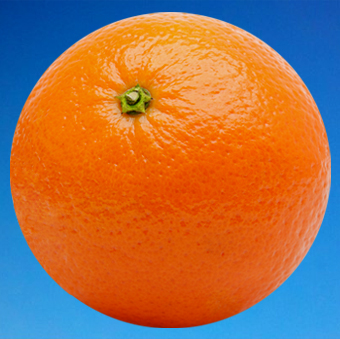
Oranges, grapes and carrots may contain cancer-fighting compounds that closely resemble those used in licensed drugs, research suggests. A study found that out of more than 7,900 molecules within fruits and vegetables, 110 have the potential to battle tumours. This was based on the molecules’ likeness to compounds found in existing anti-cancer medications.
Fruits and vegetables are rich in antioxidants called flavonoids, which give them their colour. Flavonoids may help prevent cancer by suppressing inflammation, controlling cell replication and even inducing tumour ‘suicide’.
Oranges may contain the same cancer-fighting compounds as licensed drugs. Researchers, from Imperial College London, hope to one day create ‘personalised food passports’ that act as ‘gastronomic medicine’ to reduce our risk of disease.
The research was led by Dr Kirill Veselkov, of the department of surgery and cancer at Imperial. One in two people born after 1960 in the UK will develop cancer, Cancer Research UK statistics show.
More than one-and-a-half million people are expected to be diagnosed with the disease in the US this year, according to the American Cancer Society. But past research suggests up to 30-to-40 per cent of cancers could be prevented by living a healthy lifestyle.
Eating lots of fruits and vegetables could be particularly beneficial due to them being rich in cancer-fighting antioxidants, the researchers wrote in the journal Scientific Reports.
To uncover which produce reduces our cancer risk the most, the scientists ‘fed’ 7,962 biologically-active molecules into an algorithm. The algorithm was ‘trained’ to recognise the properties of 199 approved cancer drugs.
After stimulating how the bioactive molecules act in a human body, the algorithm predicted 110 had cancer-fighting properties.
